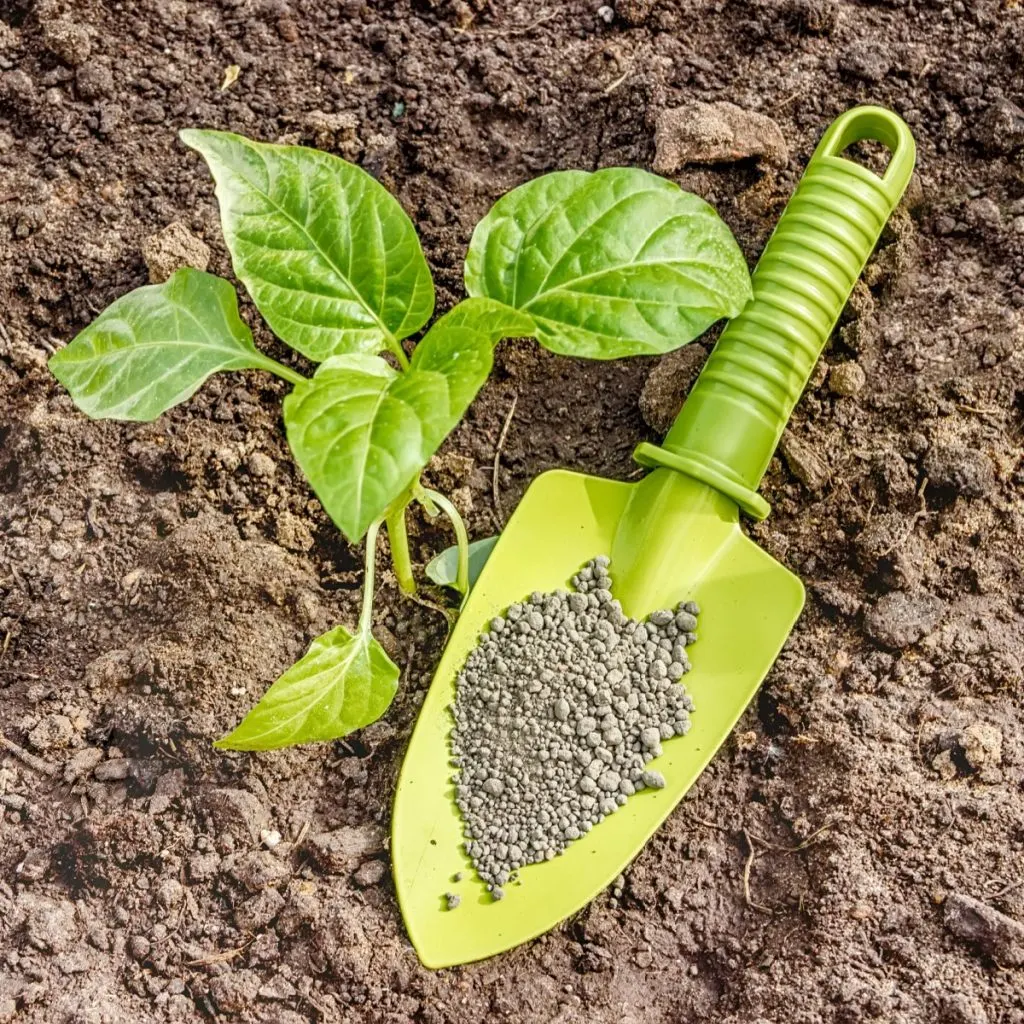Organic Vs. Synthetic Fertilizers: Which Is Best for Nurturing Healthy And Balanced Pepper Plants?
In the world of supporting healthy and balanced pepper plants, the option in between organic and synthetic plant foods stands as a crucial choice with significant ramifications. While both options objective to offer important nutrients to support plant growth, the subtleties of their influence on the soil, plant health, and the environment trigger a discussion that echoes throughout the horticulture neighborhood. Understanding the distinct benefits and prospective pitfalls of each plant food type is critical for pepper cultivators seeking to optimize their yields while keeping a lasting and eco-conscious strategy.
Benefits of Organic Plant Foods
Organic plant foods use a lasting and environmentally-friendly method to nourishing pepper plants, offering essential nutrients without making use of artificial chemicals. These natural plant foods are originated from natural resources such as garden compost, manure, bone dish, and seaweed, advertising soil wellness and biodiversity. Unlike synthetic plant foods, organic choices release nutrients slowly, ensuring a balanced and constant supply for pepper plants to flourish.
One substantial benefit of natural plant foods is their capability to boost soil structure and water retention. By boosting soil health and wellness, natural fertilizers advertise advantageous microbial activity, which helps in nutrient uptake by pepper plants. In addition, organic fertilizers lower the risk of chemical run-off, safeguarding water resources from pollution and securing the setting.
Furthermore, organic plant foods add to long-term soil fertility by promoting the development of valuable soil organisms. These organisms assist damage down organic matter, releasing nutrients in a type that is conveniently accessible to pepper plants. best fertilizers for peppers. By fostering a healthy soil environment, natural plant foods support sustainable pepper farming techniques that profit both plants and the environment
Drawbacks of Synthetic Fertilizers
Synthetic fertilizers, unlike their organic counterparts, position different downsides when utilized to nurture pepper plants, affecting both plant health and wellness and ecological sustainability. One significant disadvantage of synthetic fertilizers is their tendency to leach nutrients from the soil quickly. This rapid leaching can lead to nutrient imbalances in the dirt, creating plants to deal with toxicities or deficiencies. Additionally, artificial plant foods can harm beneficial dirt microorganisms, such as earthworms and helpful germs, interrupting the soil ecosystem's equilibrium.
In addition, the overuse of synthetic plant foods can add to water air pollution. Excess plant foods not soaked up by plants can remove right into water bodies, bring about eutrophication, where algae blossoms diminish oxygen levels in the water, harming aquatic life. In addition, synthetic plant foods are normally stemmed from non-renewable resources, such as nonrenewable fuel sources, adding to carbon exhausts and ecological destruction throughout their manufacturing.
Nutrient Absorption Contrast
When comparing organic and artificial plant foods in terms of nutrient absorption, organic fertilizers have the benefit of giving an extra balanced and slow-release source of nutrients. Organic fertilizers consist of a selection of macro and trace elements that are not just advantageous for the plants however likewise advertise healthy and balanced dirt microbial task, which assists in nutrient uptake.
Furthermore, organic fertilizers enhance soil structure and water retention capacity, enabling pepper plants to gain access to nutrients a lot more effectively. This better dirt high quality promotes origin growth, making it possible for far better nutrient absorption. Artificial plant foods, although originally improving plant development because of their high nutrient concentrations, may hinder long-term nutrient absorption by derogatory dirt wellness gradually.
Ecological Effect Considerations

On the other hand, synthetic plant foods, although typically more immediately readily available and concentrated to plants, can have detrimental impacts on the environment otherwise used properly (best fertilizers for peppers). Their manufacturing requires high energy inputs, bring about greenhouse gas discharges and adding to climate adjustment. Additionally, the drainage of excess synthetic plant foods can contaminate water sources, leading to eutrophication and hurting marine ecological communities.
Ideal Plant Food Practices for Peppers
When fertilizing pepper plants, maximizing nutrient uptake and reducing environmental effect are essential factors to consider. To accomplish this, it is important to comply with finest fertilizer practices tailored to the certain needs of pepper plants. One critical practice is to carry out a dirt examination before applying any fertilizers. This examination can identify the pH degree of the soil and identify any type of nutrient my website deficiencies, directing you in choosing one of the most appropriate plant food formulation.
One more crucial technique her comment is here is to fertilize pepper plants at the appropriate time. Generally, peppers gain from obtaining fertilizer at growing and after that again when they start to flower. Over-fertilizing can lead to vitamins and mineral discrepancies and harm the plants, so it is important to comply with recommended application prices.
Additionally, selecting a balanced plant food with an NPK ratio that matches pepper plants' needs is essential. Inevitably, incorporating organic and synthetic fertilizers deliberately can aid support healthy pepper plants while lessening ecological influence.
Conclusion

Organic plant foods offer an environmentally-friendly and sustainable technique to beneficial pepper plants, providing essential nutrients without the use of artificial chemicals. Unlike artificial plant foods, organic alternatives launch nutrients gradually, making certain a constant and balanced supply for pepper plants to flourish.
Synthetic plant foods, in comparison to their natural equivalents, pose different downsides when utilized to nurture pepper plants, impacting both plant wellness and environmental sustainability. When comparing natural and artificial plant foods in terms of nutrient absorption, natural fertilizers have the benefit of supplying a much more balanced and slow-release source of nutrients.Additionally, natural plant foods improve dirt structure and water retention capacity, allowing pepper plants to access nutrients much more advice effectively.